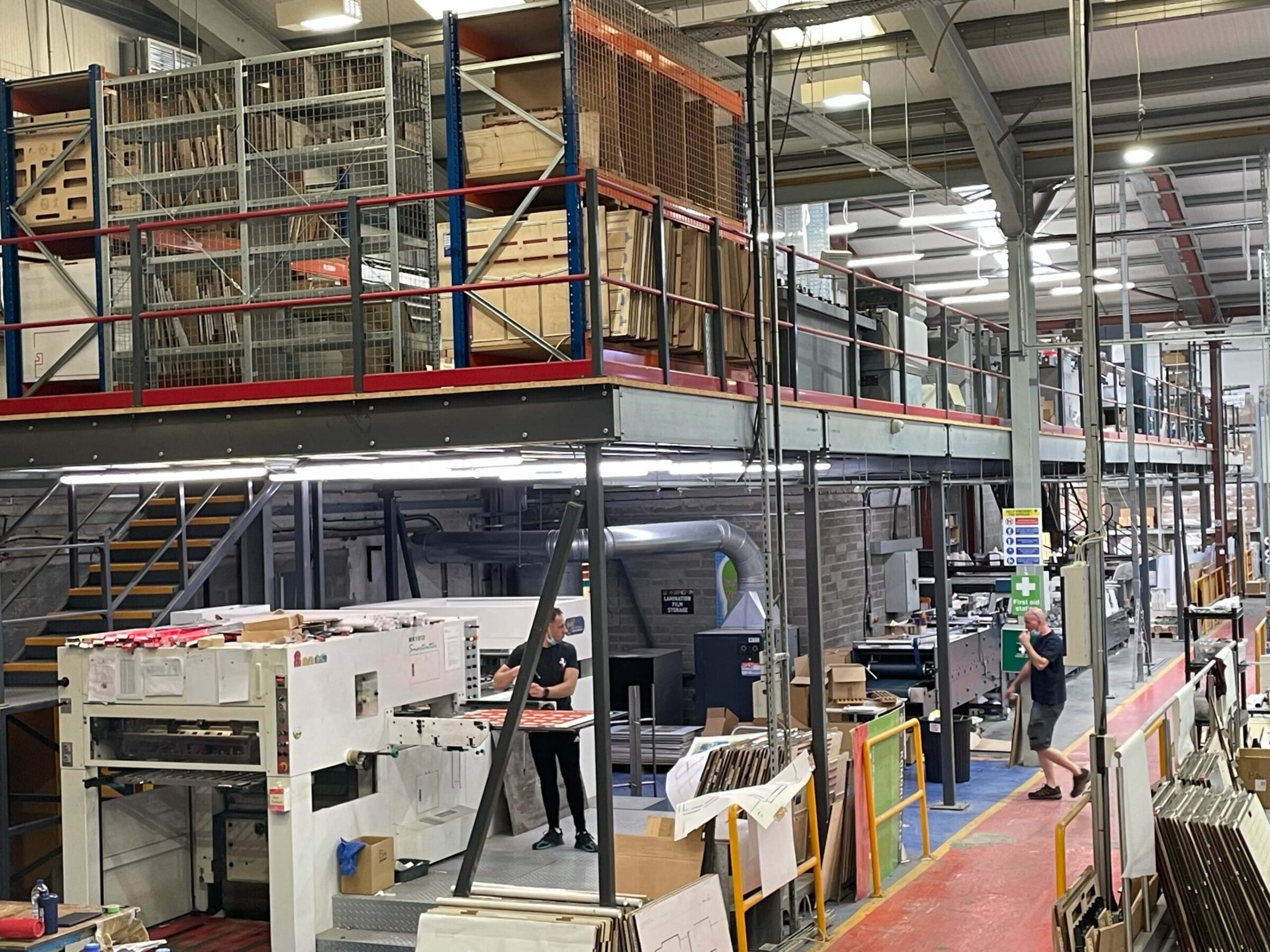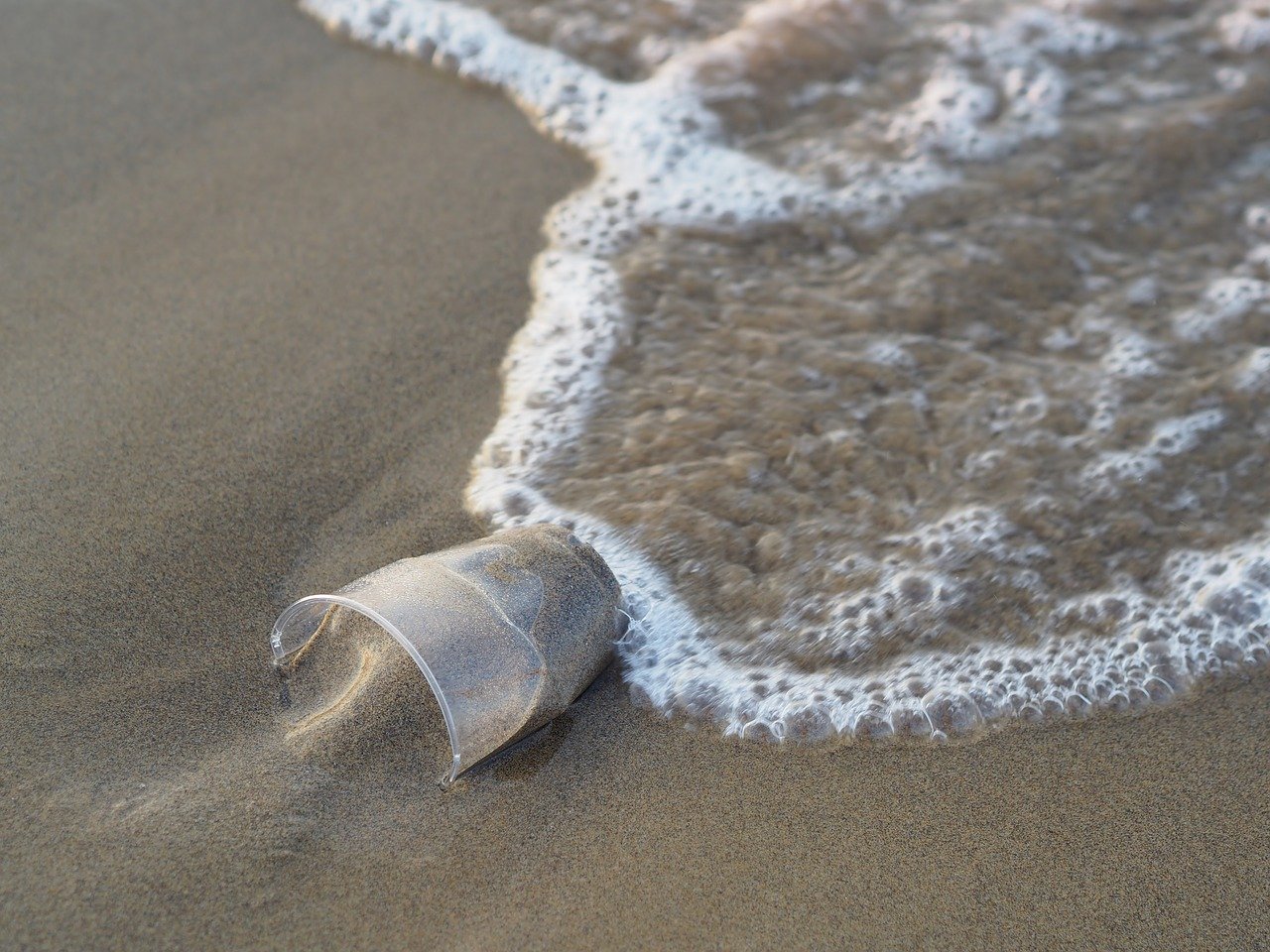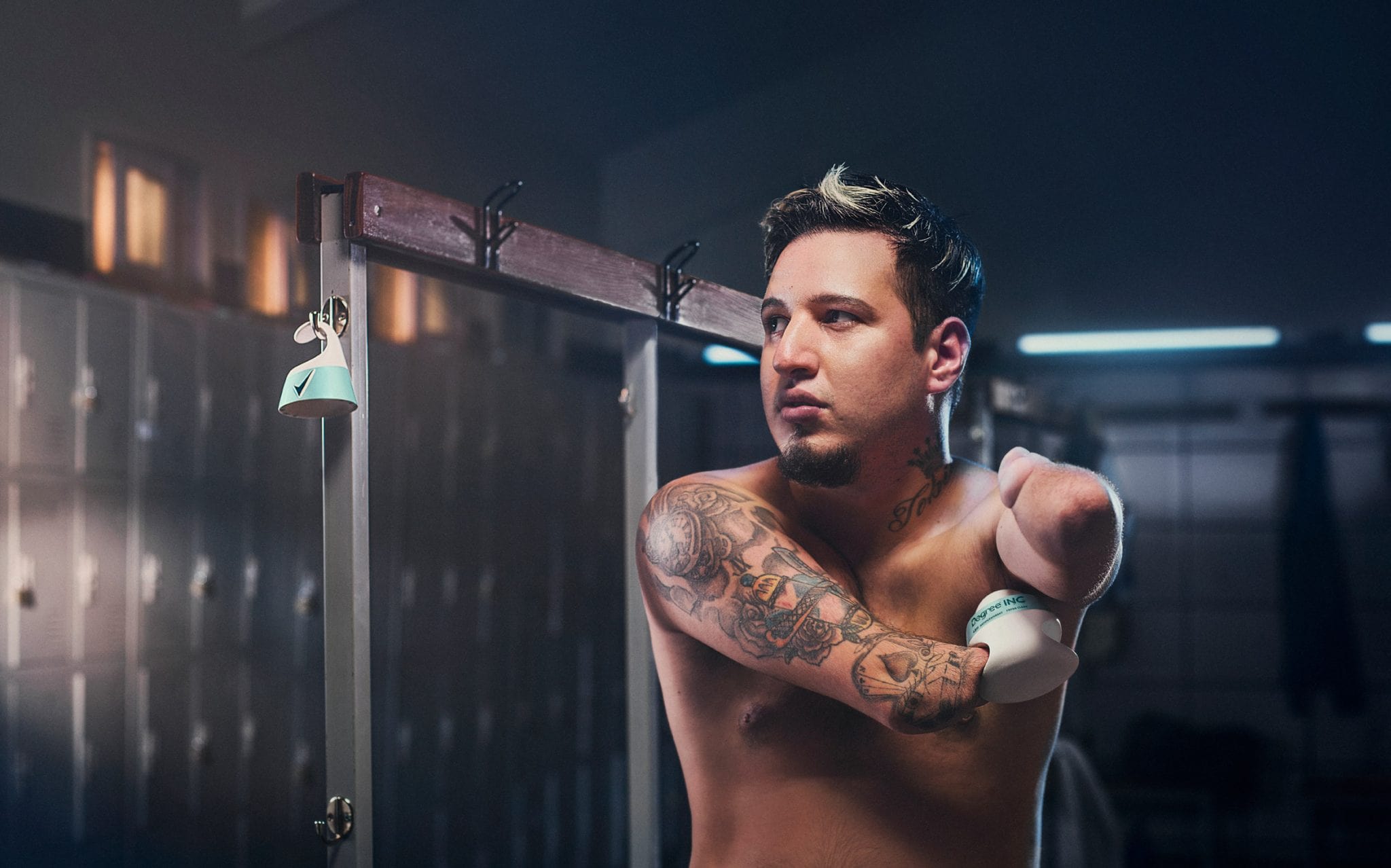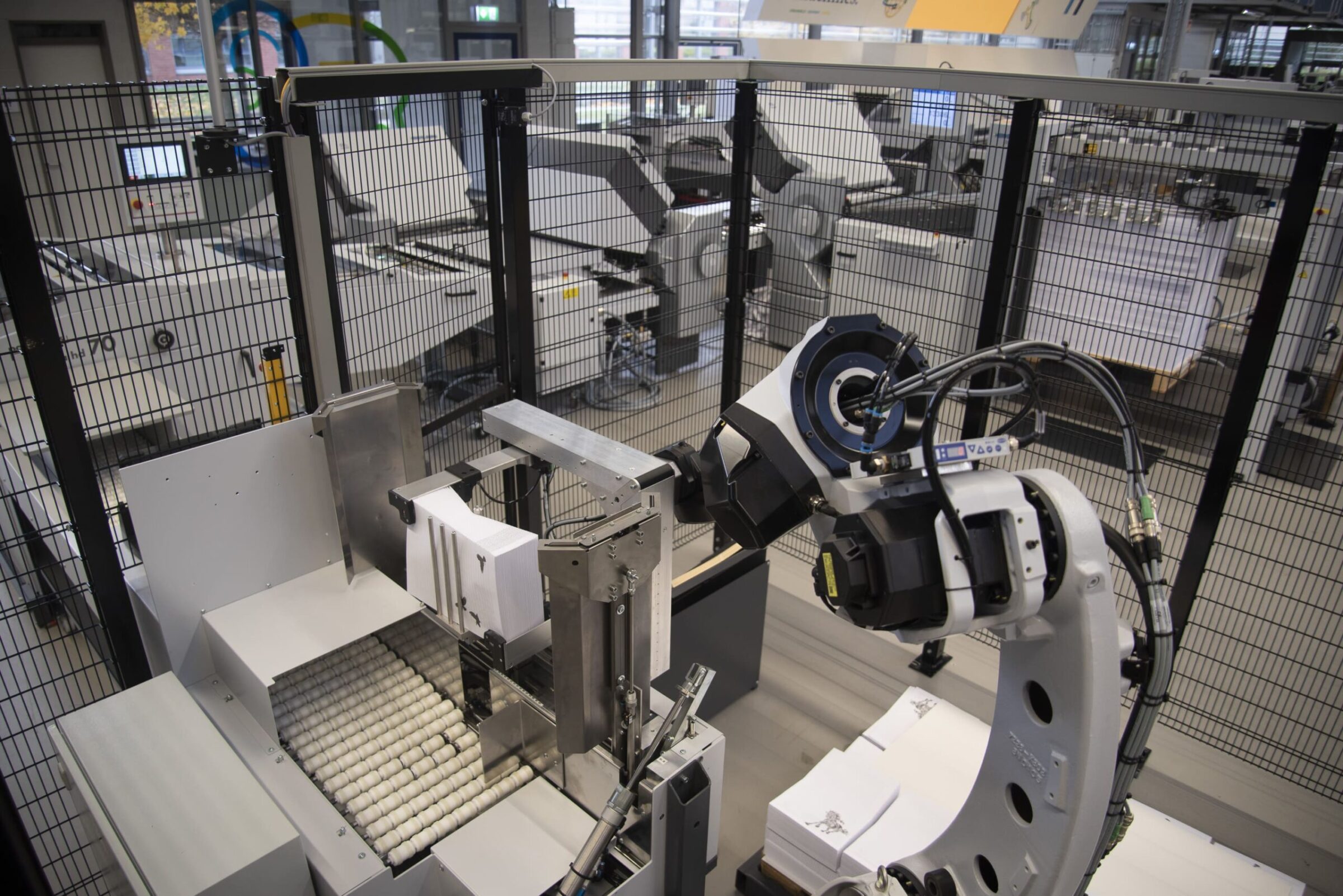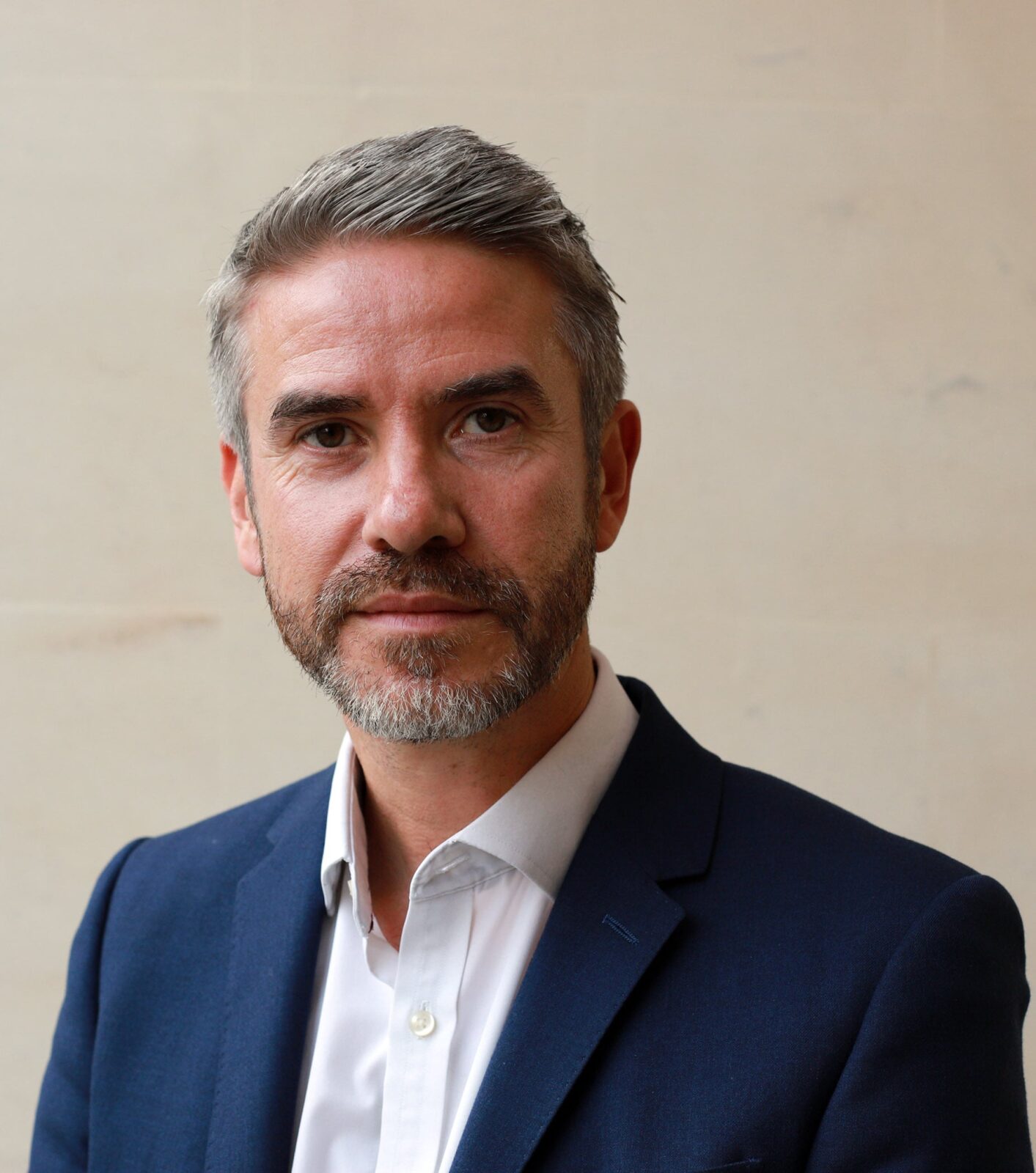New technology at Anglo Printers has allowed the firm to adapt its business into new sectors
When the pandemic hit, Padraic Kierans at Anglo Printers knew that some aspect of the business had to change. Commercial was flat and showing no signs of improvement and so the firm decided that investment in technology to allow for entry into other markets was the only way to weather the storm. The first step was to engage an accountancy team to carry out a financial analysis of the business. “That was very helpful as we had been trying to figure out what direction the business was headed in. We knew we didn’t want to fundamentally change everything, but felt that we needed to find a growth area or niche that we could latch onto outside of what we were already doing,” said Padraic, Managing Director at the firm. Once the financial planning was complete, the firm was eligible for the Sustaining Enterprise Fund. This was a tripartite investment, says Padraic, with finance coming from Enterprise Ireland, Bank of Ireland and Anglo itself. “Between the three of us, we were able to come up with the funds for several pieces of new equipment which has left us in a very strong position.”
With two existing B1 Komori presses on the floor, the firm’s presence in the packaging sector was already established. “In saying that, we weren’t really going after that market in any significant way. Although we already had a very good B1 die cutter, we decided to invest in an Easymatrix 106 B1 die cutter and also added a Roland 800 carton gluer, which was supplied by Portman Graphics. That meant that now we could print, die cut and glue any carton sleeves or boxes for the packaging sector in-house.” Adding a finishing arm to the business quickly opened a lot of doors, says Padraic. “We realised there was an appetite for this sector. Last month it accounted for about 20% of our overall revenue and that figure is only going up. At this moment in time, both B1 presses and both die cutters are busy with packaging. That’s a good omen for us going forward.” Investment in technology didn’t stop there; Anglo also purchased a Heidelberg filing machine, converted by B&H Engineers in the UK along with a Muller Martini Saddle Stitcher. The latter will, says Padraic, come into its own once the commercial market recovers. “When we get back to stronger levels, we’ll be able to offer better productivity and increased speed of service. It gives us more options in terms of flexibility thanks to its eight stations, which increase speed of output by about 40%.” The converted Heidelberg machine allows the firm to add foil to any of its packaging products. “We’re now able to add more finishes and add value to the end product. That’s a new element that’s growing for us.”
Investment has also gone into Anglo HQ, resulting in additional workspace. “During Covid, it was obviously a less busy time so we decided to structurally look at everything and see how we could add more workspace. We transferred most of our digital department onto a new 4,000 sq ft mezzanine floor, which freed up space on the ground level and allowed us to put in extra packaging equipment.” Anglo’s ‘Covid-19’ online store encouraged the firm to take a closer look at its overall web offering. “Once we created our Covid webshop, we set about completely reimagining our web presence. We now have a fully integrated web offering, which is linked back to our MIS. That has been another very positive outcome from Covid. Our new business development manager is also driving new business and has proved very successful so far.”
New technology at Anglo has placed the firm in an excellent position; right now it can take advantage of the thriving packaging sector and once commercial comes back up, it’ll be full steam ahead. “It’s exciting in a time that’s very challenging. You’re flipping between the opportunities that are presenting themselves in some parts of the industry and weaknesses in other parts. One day is great, the next not so much.” Traditionally, about 30% of Anglo’s business would derive from events. “Until we see a significant resumption of events, I think commercial print will remain weak. It can be frustrating when you see the rest of the world moving a lot quicker than us. I know it’s a balance and I understand it, but I also understand that over 90% of the adult population has had at least one jab. There has to be a bonus for the vaccinated and that should be the opening up of the economy and sectors to bring people back to events. That whole industry, whether it’s arts or music or sports, hasn’t been treated fairly and doesn’t have as strong a lobby as some other sectors. If the vaccinations are working, then we have to learn to live with Covid.”
The firm has managed to retain all its team, despite Covid. “Our staff have been amazingly resilient right through the pandemic. They’ve stuck with us and we’re extremely grateful to them. I would be very optimistic in terms of the opportunities that are developing for us. I firmly believe it’s a matter of riding out the storm and getting to the other side. The problem is that it’s hard to determine how far away the other side is.” Since Covid hit, a large proportion of print firms have pivoted their business to reflect what’s happened in the economy and should, says Padraic, be commended for that. “There are some great leaders in our industry that have managed to turn their ships in different directions and take advantage of any new circumstances that have arose. In a very challenging time, they have shown leadership; now’s the time to open up the economy to allow the sector to begin growing once again.”

